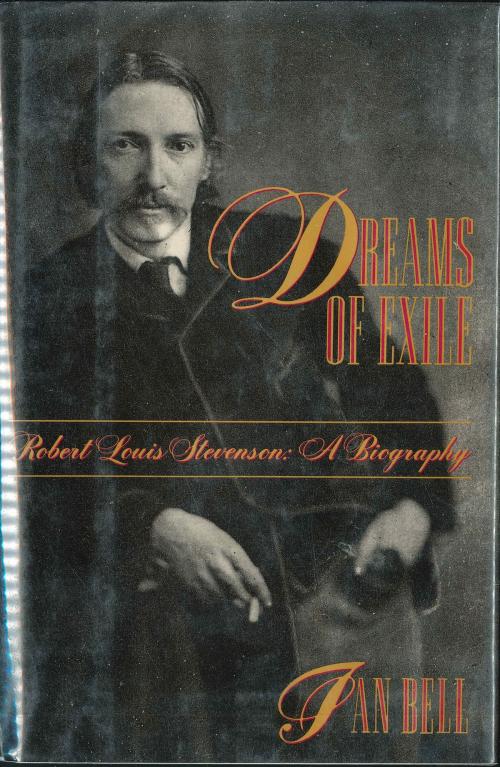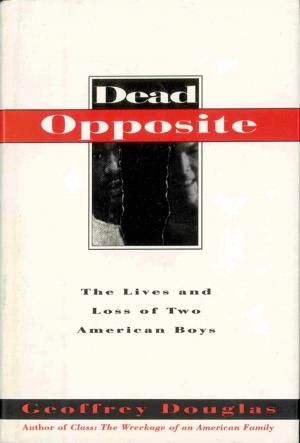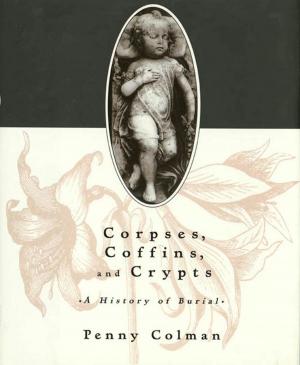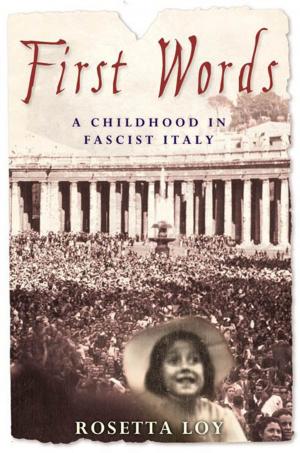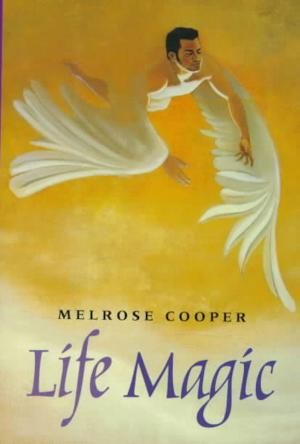Dreams of Exile
Robert Louis Stevenson
Fiction & Literature, Literary Theory & Criticism, Science Fiction, Biography & Memoir, Literary| Author: | Ian Bell | ISBN: | 9781466891661 |
| Publisher: | Henry Holt and Co. | Publication: | March 3, 2015 |
| Imprint: | Henry Holt and Co. | Language: | English |
| Author: | Ian Bell |
| ISBN: | 9781466891661 |
| Publisher: | Henry Holt and Co. |
| Publication: | March 3, 2015 |
| Imprint: | Henry Holt and Co. |
| Language: | English |
"Fiction is to grown men what play is to the child," Robert Louis Stevenson once said in a statement that perfectly captures the magic of his own fiction. Immensely popular during is brief life--he died in 1894 at the age of forty-four--he has never lacked for readers since. In the century that followed his death, many biographies have been written, each with its own R.L.S.: the sickly, dreaming child; the Bohemian dandy outraging Victorian Edinburgh; the romantic wanderer leading his donkey through the wilds of the Cevennes; the frail genius doomed to die young. For some, he is the man of action avid for experience, filled with wanderlust; for others, the writer of stories beloved by children and familiar from innumerable film ad television dramas. Still others know him as the essayist whose skills matched William Hazlitt's and the novelist to whom even Henry James deffered. All of these are R.L.S., but none is the full Stevenson.
Now, in this new and acclaimed biography, Ian Bell attempts to see Stevenson whole, to trace the line of descent form the son of Calvinist engineers to the man who ended his days as Tusitala among the Samoan islanders. Understanding that for Stevenson geography mattered, Bell sets out to discover the complete man through the places he lived and the people he lived among as well as through the books that poured from him during his all-too-short literary life. As such, Dreams of Exile is both literary biogrpahy and travel narrative. It follows Stevenson's development as an artist and as a man by following his often chaotic progress from continent to continent, in good health and in bad, in poverty and in wealth. Along the way, it reveals his often tortured relations with his family, his robust sexuality, and the mystery of his stormy marriage to a woman many years his senior.
But perhaps Bell's most important contribution is to rescue R.L.S. from the many conflicting and often romanticized images that have continued to surround him, and in the process to make a telling case for Stevenson's genius as a writer.
"Fiction is to grown men what play is to the child," Robert Louis Stevenson once said in a statement that perfectly captures the magic of his own fiction. Immensely popular during is brief life--he died in 1894 at the age of forty-four--he has never lacked for readers since. In the century that followed his death, many biographies have been written, each with its own R.L.S.: the sickly, dreaming child; the Bohemian dandy outraging Victorian Edinburgh; the romantic wanderer leading his donkey through the wilds of the Cevennes; the frail genius doomed to die young. For some, he is the man of action avid for experience, filled with wanderlust; for others, the writer of stories beloved by children and familiar from innumerable film ad television dramas. Still others know him as the essayist whose skills matched William Hazlitt's and the novelist to whom even Henry James deffered. All of these are R.L.S., but none is the full Stevenson.
Now, in this new and acclaimed biography, Ian Bell attempts to see Stevenson whole, to trace the line of descent form the son of Calvinist engineers to the man who ended his days as Tusitala among the Samoan islanders. Understanding that for Stevenson geography mattered, Bell sets out to discover the complete man through the places he lived and the people he lived among as well as through the books that poured from him during his all-too-short literary life. As such, Dreams of Exile is both literary biogrpahy and travel narrative. It follows Stevenson's development as an artist and as a man by following his often chaotic progress from continent to continent, in good health and in bad, in poverty and in wealth. Along the way, it reveals his often tortured relations with his family, his robust sexuality, and the mystery of his stormy marriage to a woman many years his senior.
But perhaps Bell's most important contribution is to rescue R.L.S. from the many conflicting and often romanticized images that have continued to surround him, and in the process to make a telling case for Stevenson's genius as a writer.
